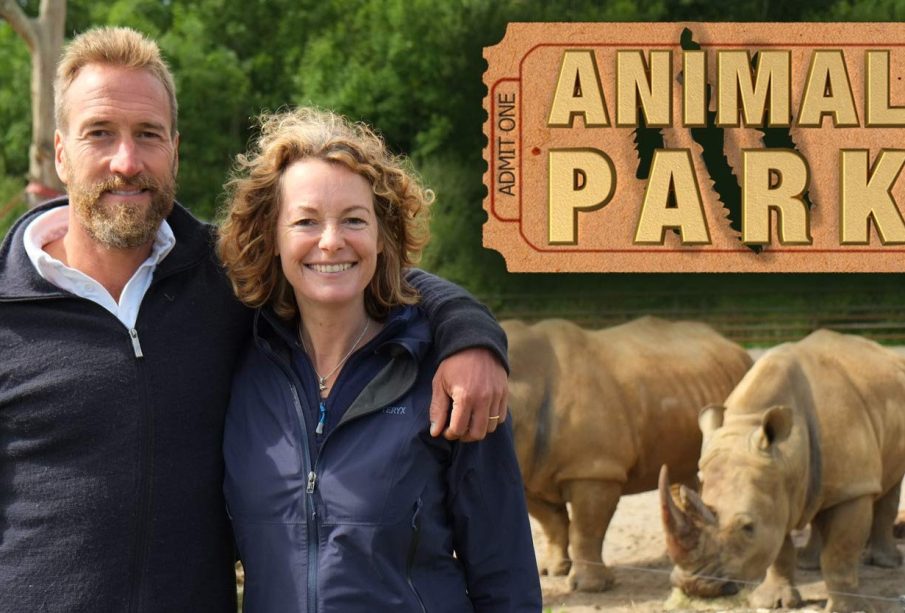Exploring Longleat: The UK’s Premier Safari Park

Introduction to Longleat
Longleat, located in Wiltshire, England, is a significant estate with historical and ecological importance. Opened in 1966, it was the first drive-through safari park outside Africa, setting a precedent that combines wildlife conservation with family entertainment.
Historical Background
The estate is part of the Longleat House, built in the Elizabethan era, and has been owned by the Thynn family for generations. In the 20th century, Henry Thynn, the 7th Marquess of Bath, transformed the estate into a wildlife park as a means to maintain the vast grounds and offer a new type of attraction.
Longleat’s Safari Park
Today, Longleat Safari Park hosts over 500 animals, including lions, tigers, and elephants. Visitors can drive through the park, experiencing a close encounter with these majestic creatures. The park plays a vital role in educating visitors about wildlife conservation and the importance of preserving endangered species.
Recent Developments and Events
In recent years, Longleat has expanded its offerings with new attractions such as the ‘Jungle Kingdom,’ which introduces visitors to smaller, lesser-known animals. Moreover, Longleat regularly hosts seasonal events like the renowned Festival of Light during the Christmas period, which features stunning light displays.
Conservation Efforts
Longleat is deeply committed to global conservation efforts. The park collaborates with various charities and initiatives, focusing on protecting endangered species and their habitats. The success of breeding programmes, particularly for species like the cheetah and the red panda, has marked Longleat as a leader in wildlife conservation.
Conclusion: Significance of Longleat
Longleat is not merely a tourist attraction; it is a hub for conservation and education. With its unique combination of heritage, wildlife, and family-friendly experiences, Longleat continues to play a vital role in promoting awareness about the natural world. Looking forward, Longleat aims to further enhance its conservation projects and visitor experiences, ensuring it remains a pivotal point in UK wildlife engagement.









